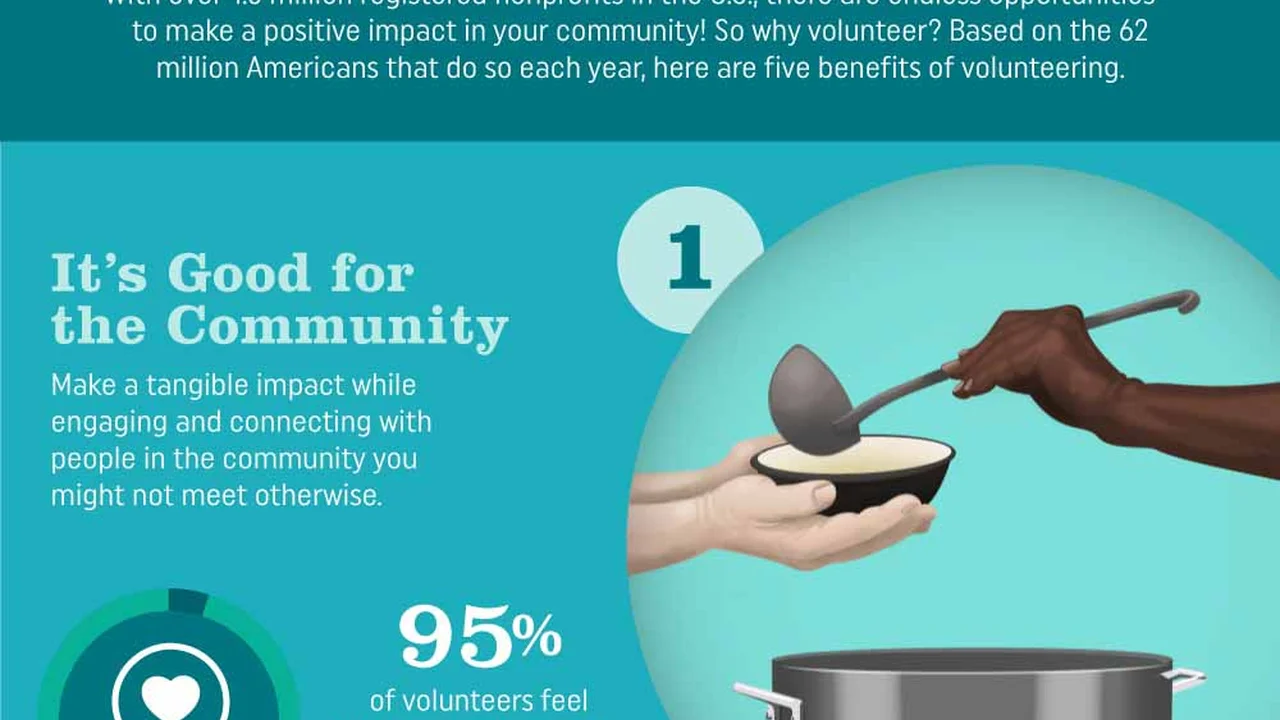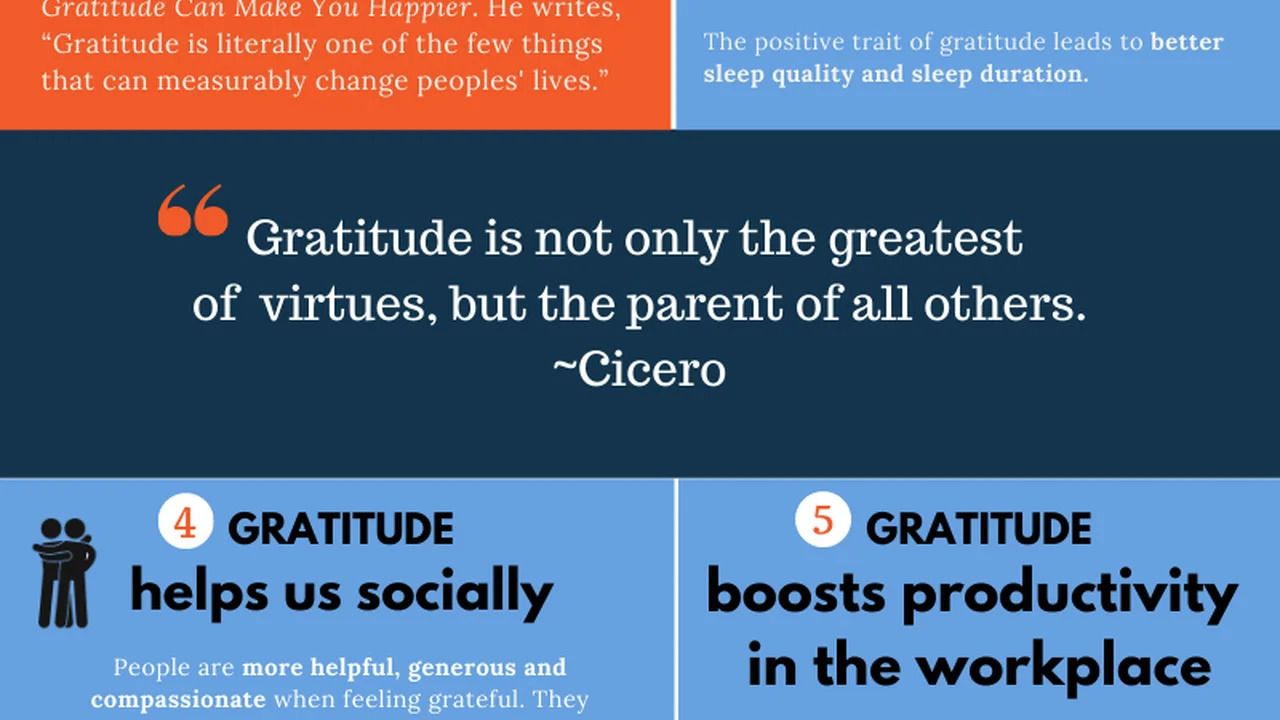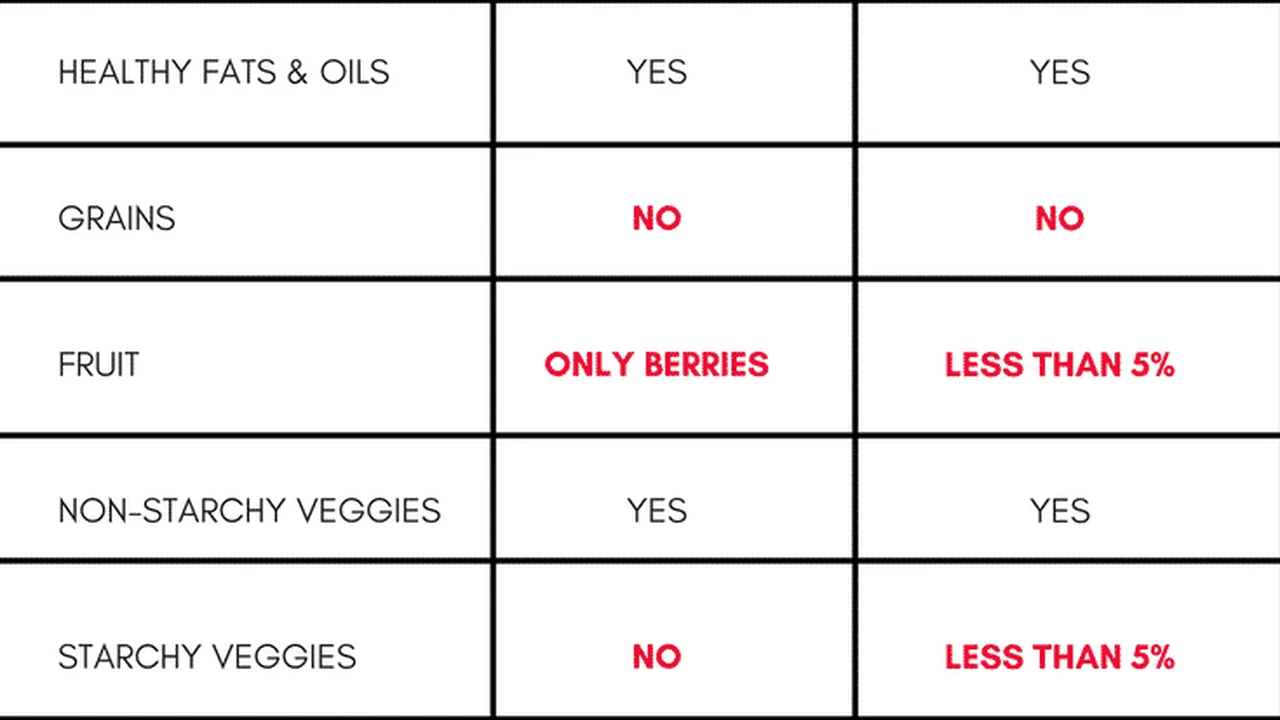The Benefits of Volunteering for Your Health and Community
Learn how to create a sustainable lifestyle and adopt eco-friendly practices. This guide covers essential tips for reducing your environmental impact. Contribute to a healthier planet and improve your well-being with sustainable living.

Volunteering and Your Health The Mental and Physical Perks
Okay, let's talk volunteering! We all know it's a good thing to do, right? Helping others, giving back to the community… but did you know it’s actually *good* for *you* too? Seriously! Volunteering isn’t just altruistic; it’s a fantastic way to boost your mental and physical health. Think of it as a workout for your soul and your body (depending on what you're doing, of course!).
First off, let's dive into the mental benefits. Volunteering combats stress and depression like nobody's business. When you focus on someone else's needs, you kind of forget about your own worries for a while. It's like a mental vacation! Plus, that feeling you get after helping someone? That's not just warm fuzzies; it's your brain releasing endorphins, those natural mood boosters. Studies have shown that volunteering can actually lower blood pressure and increase feelings of happiness and well-being. It's a win-win!
And it's not just about feeling good. Volunteering provides a sense of purpose and accomplishment. Feeling useful and valued is crucial for mental health, especially as we get older or go through life changes. Knowing you're making a difference, even a small one, can significantly boost your self-esteem and confidence. You might even discover hidden talents or passions you never knew you had!
Now, about the physical side. This depends a lot on *what* you're volunteering to do. If you're volunteering at an animal shelter, walking dogs, you're getting exercise! If you’re helping build a house with Habitat for Humanity, you're getting a serious workout! Even seemingly less physically demanding tasks like sorting donations can keep you moving and active. Staying active, even in small ways, is essential for maintaining physical health and preventing chronic diseases.
Community Impact Volunteering and Social Connection
Beyond the personal benefits, volunteering is a powerful force for good in your community. It strengthens social connections, addresses critical needs, and creates a more vibrant and resilient society. It's like glue that holds communities together.
One of the biggest benefits of volunteering is the opportunity to connect with others. It's a fantastic way to meet new people, build relationships, and expand your social circle. Whether you're working alongside fellow volunteers, interacting with the people you're helping, or attending community events, volunteering fosters a sense of belonging and connection. And let's be honest, making friends as an adult can be tough! Volunteering provides a natural and meaningful way to do just that.
Think about it: you're all working towards a common goal, sharing experiences, and supporting each other. These shared experiences create bonds that can last a lifetime. Plus, you're meeting people from all walks of life, expanding your perspectives and learning from others. It's a great way to break out of your bubble and connect with your community on a deeper level.
Volunteering also addresses critical needs in your community. From food banks and homeless shelters to environmental organizations and youth programs, there are countless organizations that rely on volunteers to provide essential services. Volunteers fill the gaps where government funding or paid staff may fall short. They provide crucial support to vulnerable populations, protect the environment, and promote social justice.
For example, imagine a local food bank struggling to keep up with increasing demand. Volunteers are needed to sort donations, pack boxes, and distribute food to families in need. Without these volunteers, many families would go hungry. Or consider a community garden working to provide fresh produce to low-income residents. Volunteers are needed to plant, weed, and harvest crops. Without these volunteers, these residents would lack access to nutritious food.
Finding the Right Fit Types of Volunteer Opportunities
So, you're sold on the idea of volunteering, but where do you start? The good news is that there are volunteer opportunities to suit every interest, skill, and schedule. Whether you're passionate about animals, the environment, education, or social justice, there's a way to get involved. The key is to find an opportunity that aligns with your values and interests so you actually enjoy it and stick with it! Let's explore some options.
Animal lovers, this one’s for you! Animal shelters and rescue organizations always need volunteers to walk dogs, play with cats, clean cages, and assist with adoption events. If you're an animal person, this is a great way to get your furry fix while helping animals in need. Plus, dog walking counts as exercise!
If you're passionate about the environment, consider volunteering with a local environmental organization. You could help with tree planting, beach cleanups, trail maintenance, or environmental education programs. It's a great way to get outdoors, connect with nature, and make a positive impact on the planet. You can literally help clean up the world!
For those who love working with kids, there are countless opportunities to volunteer with youth programs. You could tutor students, mentor at-risk youth, coach a sports team, or volunteer at a summer camp. It's a rewarding way to make a difference in a child's life and help them reach their full potential. Think about being a role model for a kid who needs one.
If you're interested in social justice, consider volunteering with an organization that advocates for human rights, fights poverty, or provides legal aid to underserved communities. You could help with fundraising, outreach, advocacy, or direct service provision. It's a powerful way to stand up for what you believe in and make a difference in the lives of others.
And don't forget about skills-based volunteering! If you have specific skills or expertise, such as writing, graphic design, web development, or accounting, you can volunteer your skills to help non-profit organizations. Many non-profits need help with marketing, fundraising, and administration. Offering your professional skills can be incredibly valuable.
Volunteering Gear and Resources Products to Enhance Your Experience
Alright, so you've picked your volunteer gig. Now, let's talk gear and resources. Depending on what you're doing, you might need some specific equipment to make your experience more comfortable and effective. Plus, there are some great online resources to help you find volunteer opportunities and connect with organizations in your area. Let's break it down.
The Right Shoes for the Job
First up, comfortable shoes! Seriously, this is non-negotiable. Whether you're walking dogs, planting trees, or sorting donations, you'll be on your feet a lot. Investing in a good pair of supportive shoes will make a huge difference. I recommend something with good arch support and cushioning. Brands like Brooks, New Balance, and Merrell are known for their comfortable and durable shoes. Expect to pay anywhere from $80 to $150 for a decent pair. Think of it as an investment in your volunteering comfort!
Gloves to Protect Your Hands
Next, gloves. If you're doing any kind of outdoor work, like gardening or trail maintenance, gloves are essential to protect your hands from dirt, thorns, and blisters. Gardening gloves are great for light tasks, while heavier-duty work gloves are better for more demanding jobs. You can find a good pair of work gloves for around $10 to $20 at any hardware store.
Sun Protection is a Must
Sunscreen and a hat are must-haves for any outdoor volunteering. Protecting your skin from the sun is crucial for preventing sunburn and skin cancer. Look for a broad-spectrum sunscreen with an SPF of 30 or higher. A wide-brimmed hat will provide additional protection for your face and neck. Sunscreen typically costs around $10 to $15, while a good hat can range from $15 to $30.
Hydration is Key
A reusable water bottle is essential for staying hydrated while volunteering. Dehydration can lead to fatigue, headaches, and decreased performance. Choose a durable and leak-proof water bottle that you can easily carry with you. Brands like Hydro Flask and Yeti are popular choices, but there are plenty of affordable options available for around $20 to $40.
VolunteerMatch The Ultimate Resource
Now, for online resources, VolunteerMatch (VolunteerMatch.org) is a fantastic platform for finding volunteer opportunities in your area. You can search by location, interest, and skills. It's a great way to discover new organizations and connect with volunteer coordinators. It’s completely free to use!
Idealist Connecting Passion with Purpose
Idealist (Idealist.org) is another excellent resource for finding volunteer opportunities and social impact jobs. It has a global database of organizations and opportunities. It’s especially good if you’re looking for something more internationally focused or skill-based.
Local Community Centers Are Great Resources
Don't forget to check with your local community centers and non-profit organizations directly. Many organizations have volunteer pages on their websites or send out email newsletters with volunteer opportunities. It’s always good to connect directly with the organizations you're interested in.
Making it a Habit Integrating Volunteering into Your Life
Okay, you've found an opportunity, you've got your gear, now how do you make volunteering a regular part of your life? It's easy to get caught up in the hustle and bustle of daily life and let volunteering fall by the wayside. But with a little planning and commitment, you can integrate volunteering into your routine and reap the long-term benefits. Here are some tips.
First, start small. Don't try to do too much too soon. Commit to volunteering just a few hours a month or even a few times a year. Once you get into the habit, you can gradually increase your commitment. It's better to start small and be consistent than to overcommit and burn out.
Schedule it in! Treat your volunteer time like any other important appointment. Put it on your calendar and stick to it. This will help you prioritize volunteering and prevent it from getting pushed aside by other commitments. Think of it as "me time" that also helps others!
Find a buddy! Volunteering with a friend or family member can make it more fun and keep you accountable. You can support each other and share the experience. Plus, it's a great way to spend quality time together while making a difference.
Reflect on your experiences. Take some time after each volunteering session to reflect on what you did, how it made you feel, and what you learned. This will help you appreciate the impact of your work and stay motivated to continue volunteering. Journaling can be a great way to do this.
Be flexible. Life happens! Sometimes you'll need to reschedule or cancel your volunteer commitment. That's okay! Just communicate with the organization and make arrangements to make up the time later. Don't beat yourself up about it; just get back on track as soon as you can.
Remember, volunteering is a journey, not a destination. It's about finding a way to give back that fits your lifestyle and brings you joy. So, explore different opportunities, connect with your community, and make a difference in the world. You might be surprised at how much you get out of it!
:max_bytes(150000):strip_icc()/277019-baked-pork-chops-with-cream-of-mushroom-soup-DDMFS-beauty-4x3-BG-7505-5762b731cf30447d9cbbbbbf387beafa.jpg)






